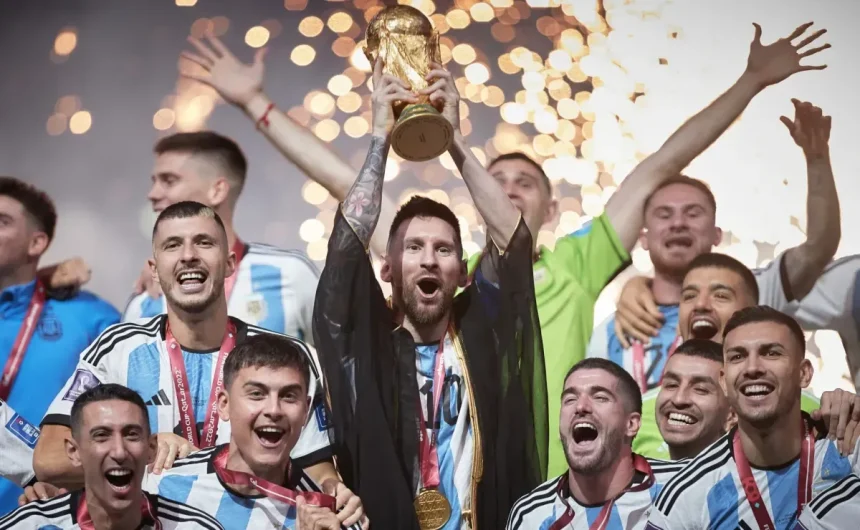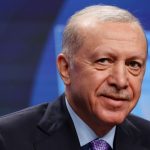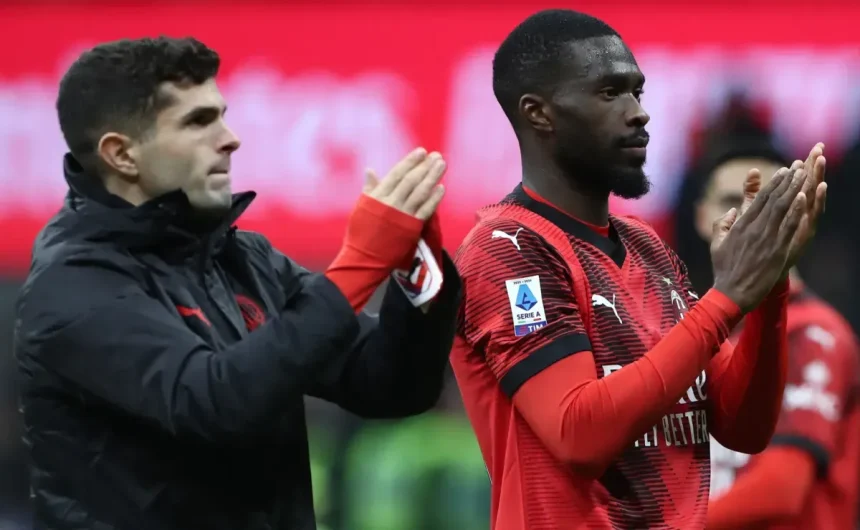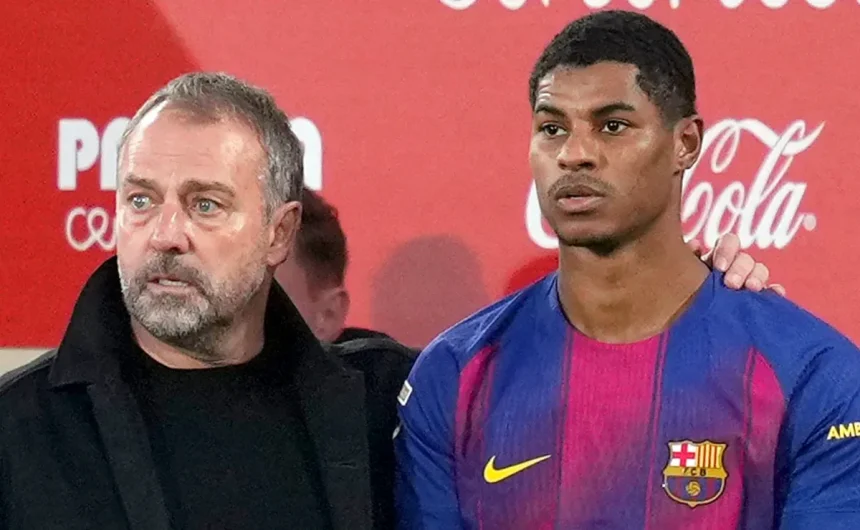In a surprising development, FIFA president Gianni Infantino met in New York with Alejandro Domínguez, head of CONMEBOL, to evaluate the possibility of expanding the 2030 FIFA World Cup from the already expanded 48-team format (set for 2026) to a groundbreaking 64 national teams. The tournament, which will be hosted primarily by Spain, Portugal, and Morocco, also includes special group-stage matches in Argentina, Uruguay, and Paraguay to honor the centennial of the first World Cup held in Montevideo in 1930.
The meeting also included key South American leaders such as Claudio Tapia (Argentina), Ignacio Alonso (Uruguay), and Robert Harrison (Paraguay). Absent was Argentine president Javier Milei, who was in a separate meeting with Donald Trump. Despite political absences, the football discussion was described as “historic” by Domínguez, who stressed the ambition of making World Cup 2030 a landmark edition.
According to reports from La Nación, it was Infantino himself who pushed for the meeting and strongly supports the idea of expansion. The World Cup has already grown once: the 2026 edition in the United States, Mexico, and Canada will feature 48 teams instead of the traditional 32. But taking the leap to 64 would be unprecedented, creating a tournament with 128 matches, twice as many as the 64 games played from 1998 to 2022.
The logic behind the move is clear: more teams mean more global participation, more television revenue, and expanded markets. However, critics argue the competition could become too diluted, stretching the calendar and exhausting players. Still, Infantino has been traveling extensively, including a recent visit to Morocco and talks with leaders in Asia and Africa, looking to build consensus for the plan.
The first World Cup was won by Uruguay, who faced Argentina in the final.
How the format would work
If approved, the 2030 World Cup would feature 16 groups of four teams each. The top two teams from every group would move on to the knockout stage, creating a Round of 32. From there, the competition would follow the same elimination model familiar to fans, but with more matches and potentially higher logistical challenges.

see also
Messi’s Argentina vs Mexico in Las Vegas? Potential date emerges ahead of 2026 World Cup
For Argentina, the stakes are particularly symbolic. The country is expected to host one of the groups, with River Plate’s Monumental Stadium in Buenos Aires reportedly set to stage the national team’s opening match. Uruguay and Paraguay would also host group games, with Paraguay even building a new stadium to be ready in time for the tournament.
The decision is not final yet, but Domínguez hinted at “news that will impact the entire world” in the coming months. If FIFA moves forward, the 2030 World Cup would not only celebrate 100 years of history but also mark a new era where global inclusivity and commercial opportunity redefine the tournament.













